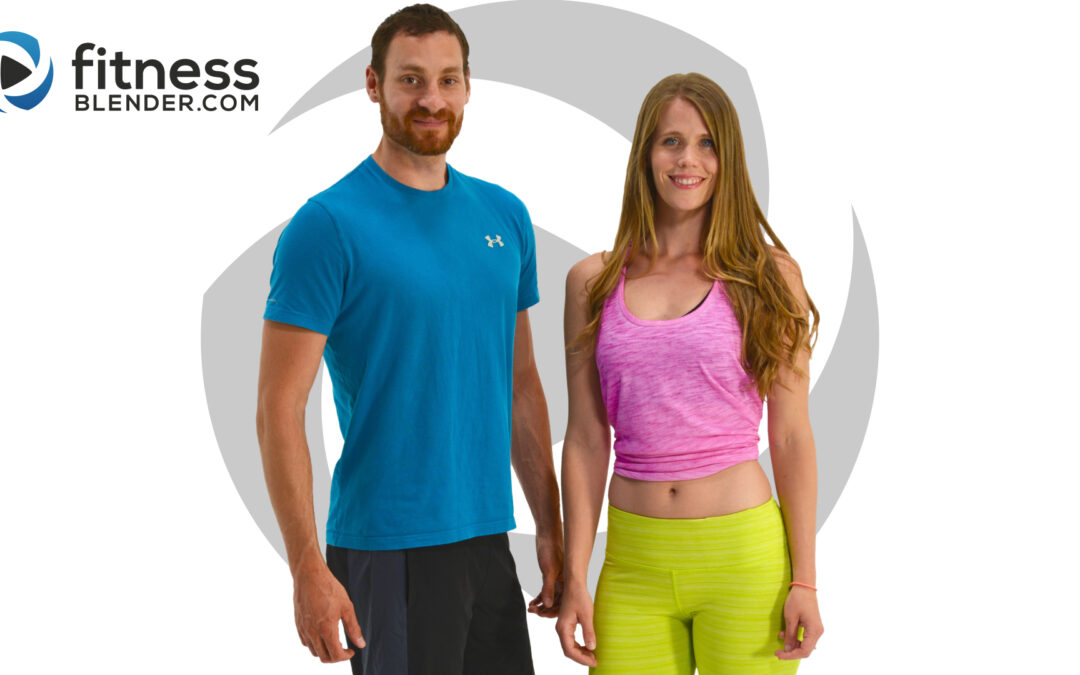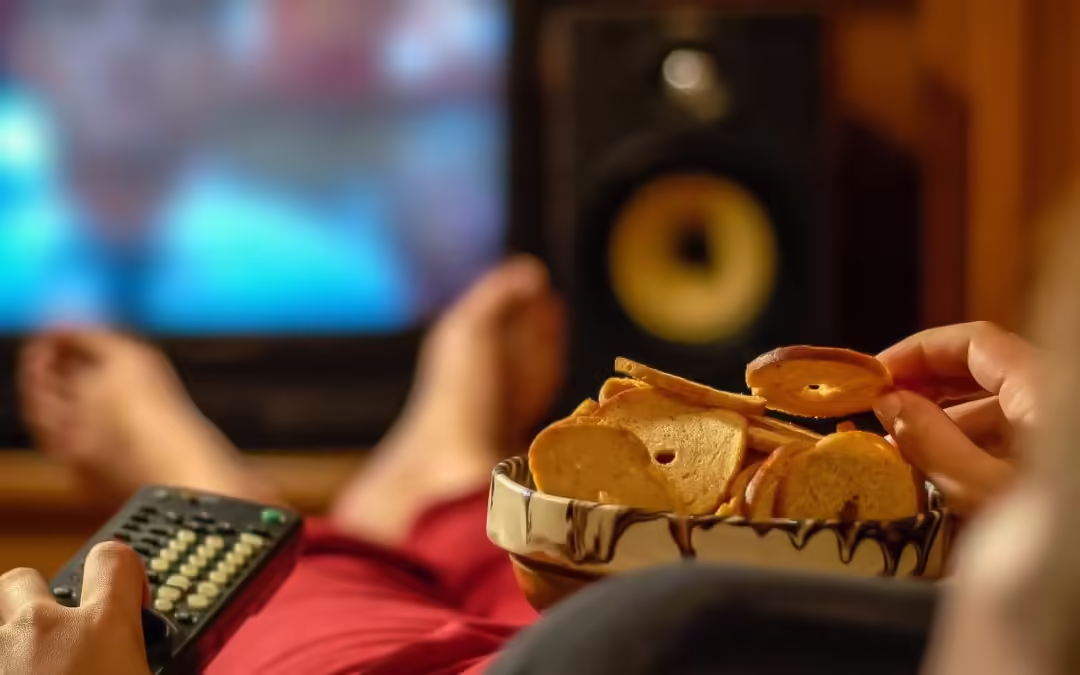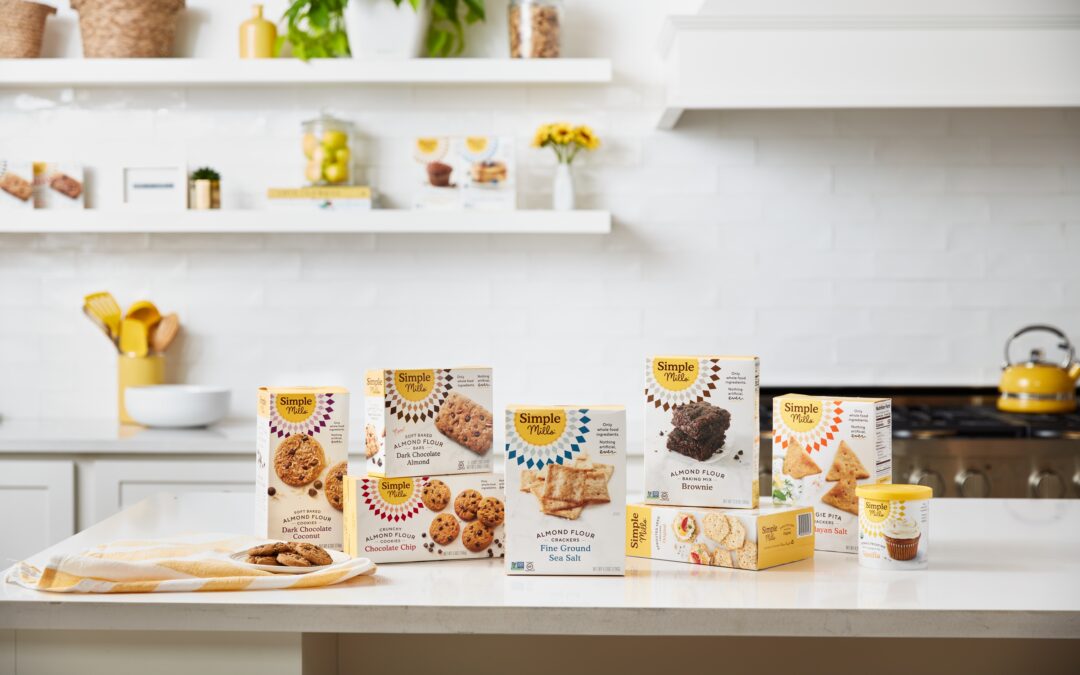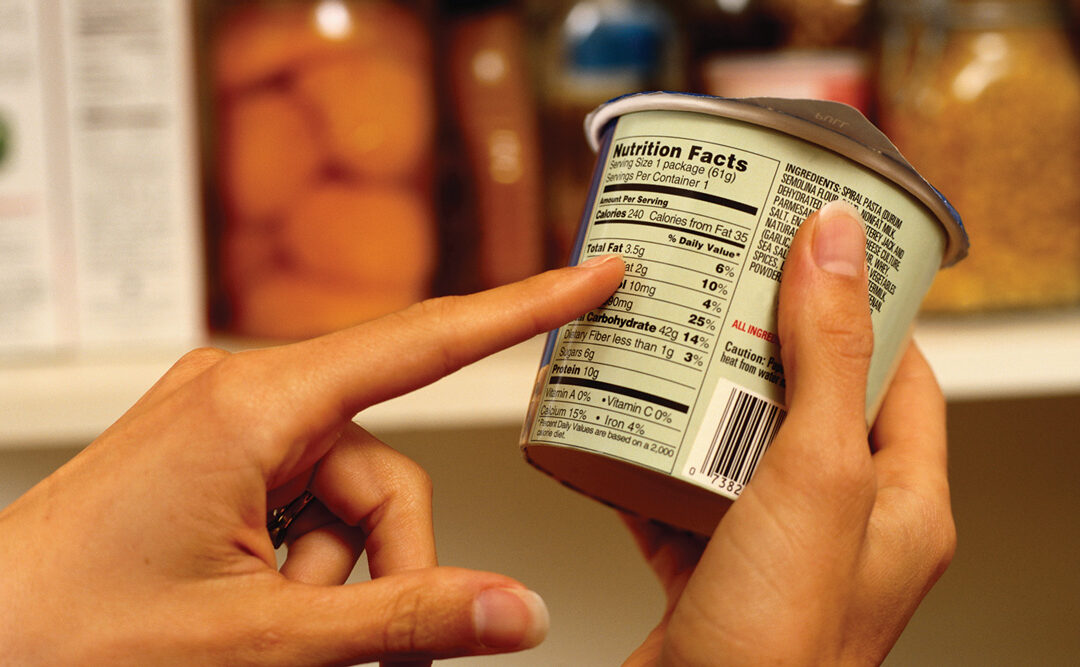This one is closely related to stopping the counting of calories, if you read that One Thing post. I whole-heartedly believe scales cause much more emotional trauma than necessary. There is actually no need to weigh yourself regularly, unless you have been advised to do so by a doctor for medical reasons. Or, are you a body builder or wrestler, who needs to know your percentage of body fat vs. muscle? Weigh on!
So, How Do I Measure Up?
For the rest of us regular people, the scale you should be using to “weigh” yourself regularly is this one: on a scale of 1-10 how do you feel? Do you feel energized, ready to take on each new day, able to participate in all the activities you want? Do you feel strong? Confident? Happy? That should be our daily weigh-in, and if your number isn’t as close to 10 as you’d like, then some adjustments need to be made….nutritionally and otherwise.
Like Age, Weight Is Just a Number
Many people have “a number.” The number of pounds their body would weigh that would make them happy. What’s funny is there are so many things that affect our weight. Daily fluctuations in fluid retention, stress, illness, women’s monthly cycles. Not to mention, two different people who weigh the same can look very different, depending on their percentages of muscle vs. fat. According to healthline.com, a pound of fat is bulky, fluffy, and about the size of a small grapefruit. A pound of muscle is hard, dense, and about the size of a tangerine. So someone with a lot of muscle, who is very toned, could weigh the exact same amount as someone who carries a lot of extra body fat. For this same reason, BMI is an inaccurate measure of health.
Skinny Vs. Strong
If you need to have a body goal to motivate yourself, considering how your clothes fit and feel may be a good replacement for a certain number of pounds. An even better goal? Being strong. Building muscle has so many benefits that most of us aren’t aware of because we’ve been distracted by the food and diet industries to focus on being “skinny.”
Strength training…
- Makes your bones stronger
- Protects against cognitive decline
- Increases metabolism
- Decreases belly fat
- Protects against falls and injuries
- Boosts mood and self-esteem
- Promotes mobility and flexibility
- Improves heart health (after all, it’s a muscle!)
- Balances blood sugar
So, the bottom line: The only way you should be using your scale is for bicep curls. Aim for twice a week strength training, making sure to hit upper body, lower body and core/back.
Not sure where to start with building muscle, or need support and accountability to make this a regular part of your routine? Reach out to me for a chat!
Nicole












